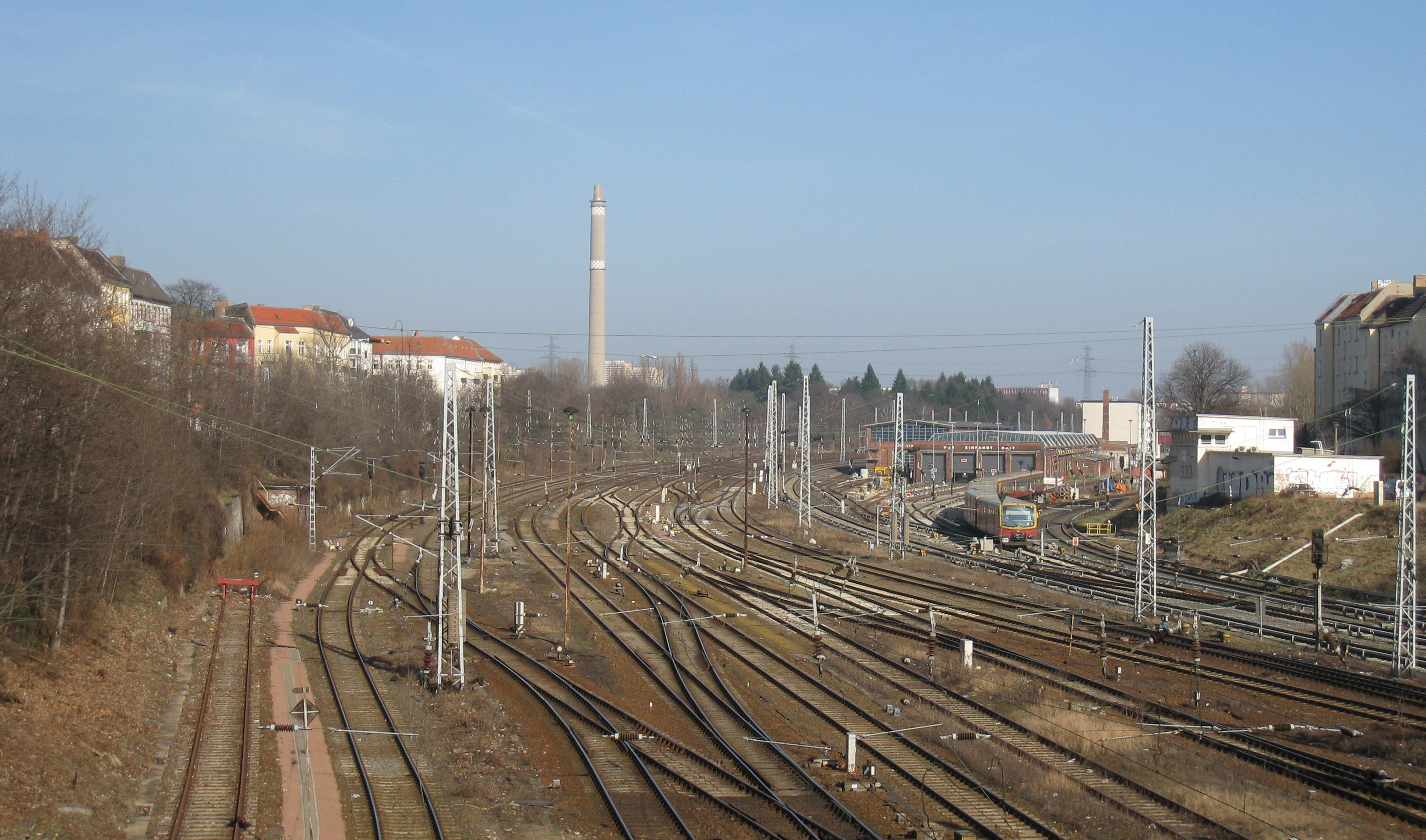Doing business in Berlin IV: market and trends
Getting the numbers of the market is quite complicated. When you read different sources you may get contradictory information, and the scene is constantly changing so that it’s difficult to keep them updated. Here is a first approach.
The entrepreneurial ecosystem of Berlin has between 1,800 and 3,000 startups, more than 50 acceleration programs and more than 50 eclectic coworking spaces. There are around 16,000 full-stack developers and near 400 active angels in Berlin, and more than 31,000 professional mobile developers in Germany, no data about Berlin.
In the first quarter of 2016, 2 corporate VC investments were made, which is low and similar to the rest of Europe except for the UK. However, Germany has Europe’s 3rd largest capital investment in Europe with a total of $333M (France came in just ahead with $392M and the UK with $1B).
According to other sources, the number of funding rounds in the first quarter of 2016 has doubled since 2014. In 2015 Berlin overtook London as Europe’s biggest venture capital destination, with over 2.1 billion invested in the German capital’s startups
With a mass of tech talent and the highest numbers of startups in Germany, it’s an attractive place to set up base, with Berlin ahead, but not clear how much in numbers. Cities like Munich claim to have less attention and more money. Definitely more in-depth research will be needed to clarify.

Forget the numbers and let’s go to what’s happening.
The startup market is very strong with many big companies, and with an industrial model of creating startups led by Rocket Internet. Also millions of investment euros are arriving in the city, probably destined, mainly, for big funding rounds in a few companies. Berlin is probably the German digital market.
The big companies from traditional German industries are not here. But for startups and innovation it’s becoming not only the place to be in Germany but also in Europe. The new trend involving companies and startups is called digitalization and is trying to get old business into the digital era with the participation of startups and the talent around them.
The most active sectors are again not clear if you look at the numbers, but here you can constantly hear about food projects (from products to delivery), ecommerce, any kind of SAAS, and also video games. IoT and hardware has also become important in the last 2 years.
Now, to the hard stuff. Data protection and local payment methods are different and complicated. It’s highly competitive in digital advertising and also in TV ads, coupons and any kind of marketing. This raises the CAC. Be patient with this and learn as much as you can from the people around you. Payment is fast, 30 days, and there is no doubt that you’ll get paid. But, having debts doesn’t create confidence.
Being in Berlin is a mixed bag: you can find experienced people and a solid market. But there’s also crazy competition to attract technical talent. Everyone wants to find coders – and they’re good here – so they’re hard to hold onto. If you already have coders at home, think twice before moving them to Berlin. They’ll love the city and the meetups, but they’ll also get offers to leave your company.
Talented people, big opportunities, constant changes and a highly competitive market make Berlin challenging, not easy, but definitely amazing.
You can read more in:
Doing business in Berlin I
Doing business in Berlin II: events and networking
Doing business in Berlin III: coworking and accelerators
Doing business in Berlin IV: market and trends
Doing business in Berlin V: Incorporating in Germany
Doing business in Berlin VI: Living here
Doing business in Berlin VII: Salaries and taxes
Doing business in Berlin VIII: Hiring in Berlin (and what to expect if you’re looking for a job)
Doing business in Berlin IX: final thoughts
Brexit: an opportunity for Berlin to grow


